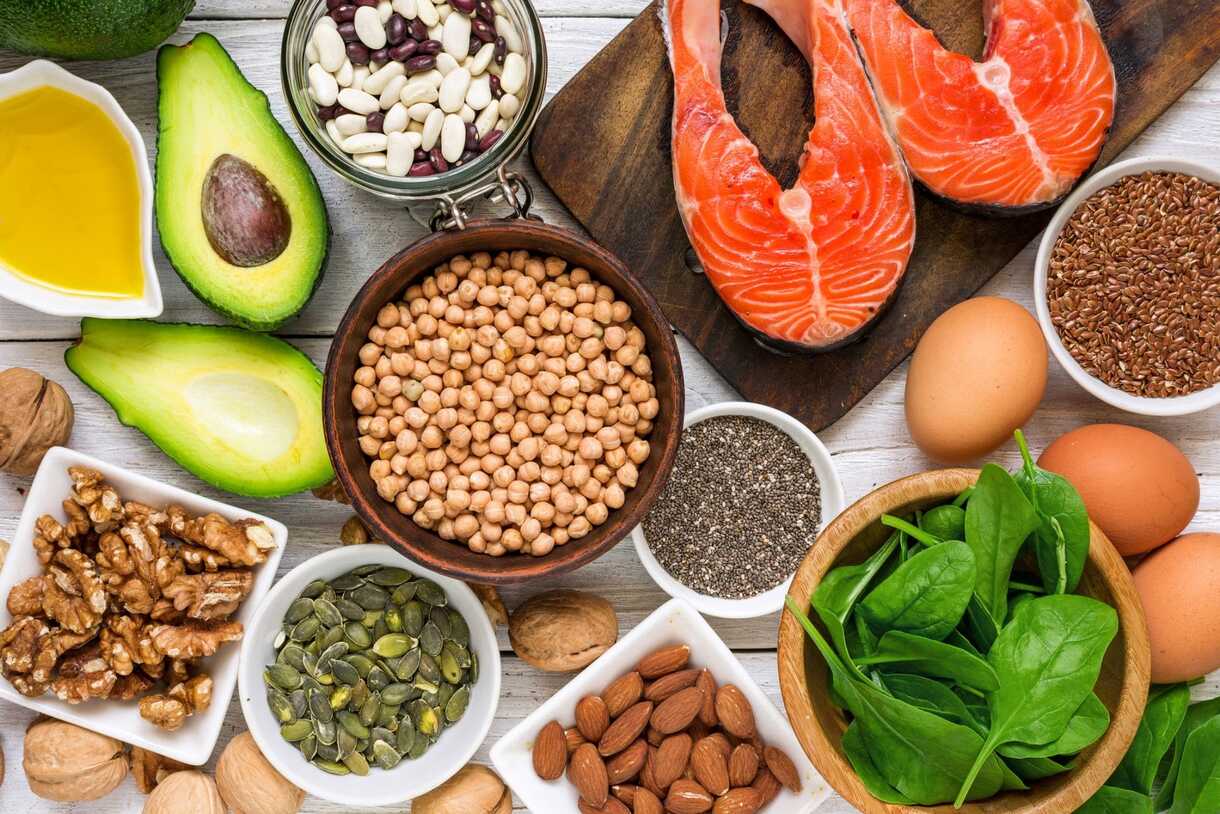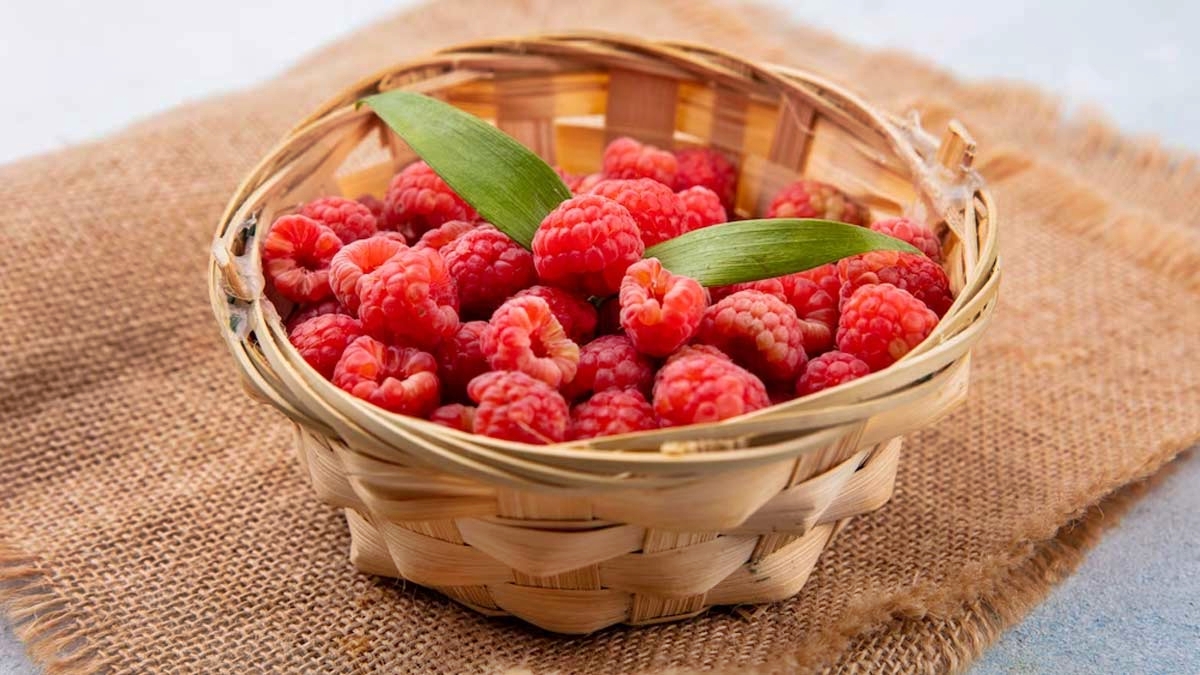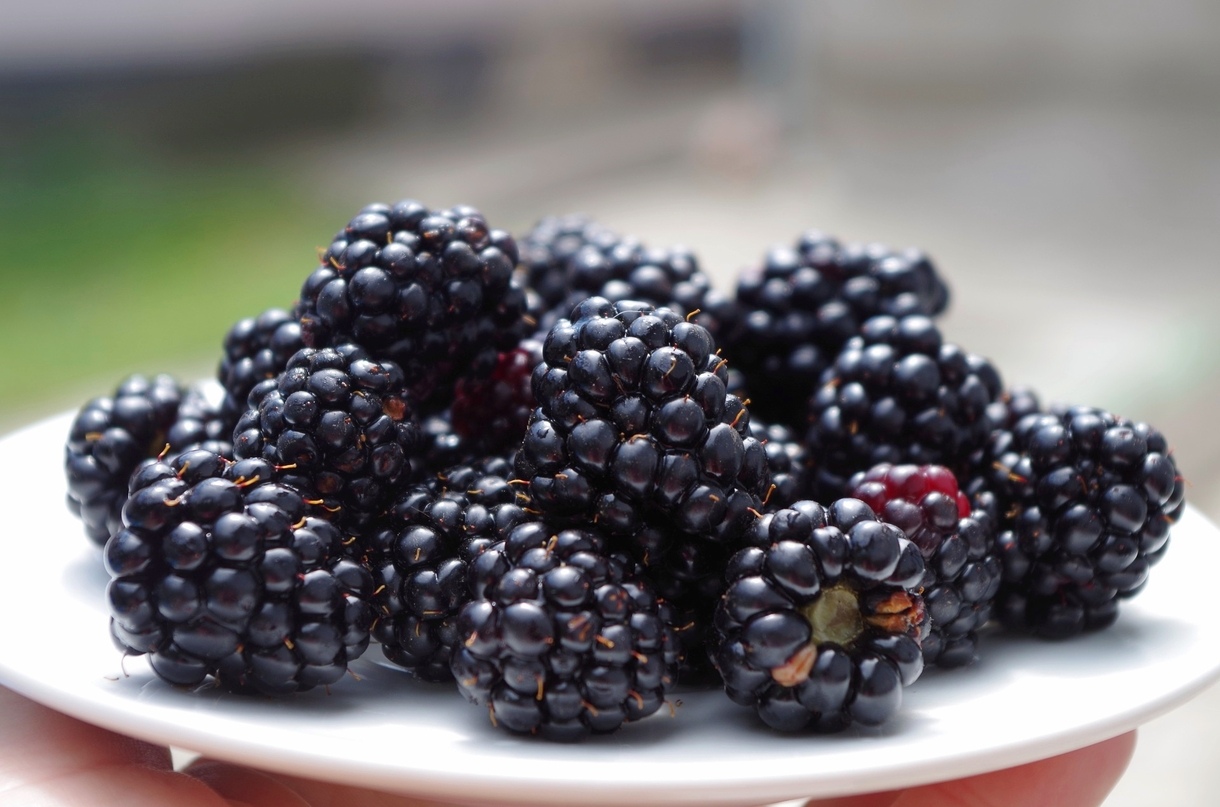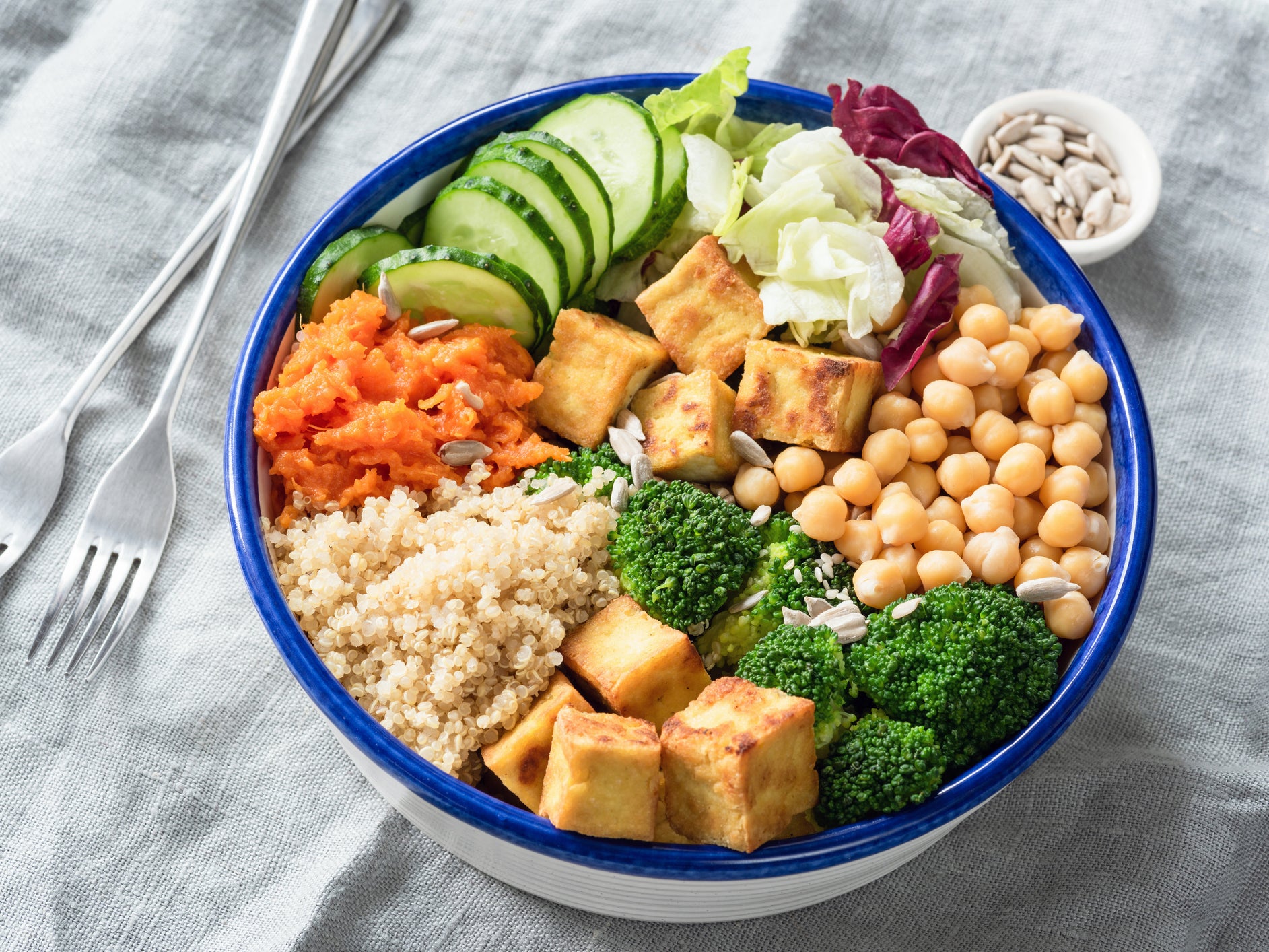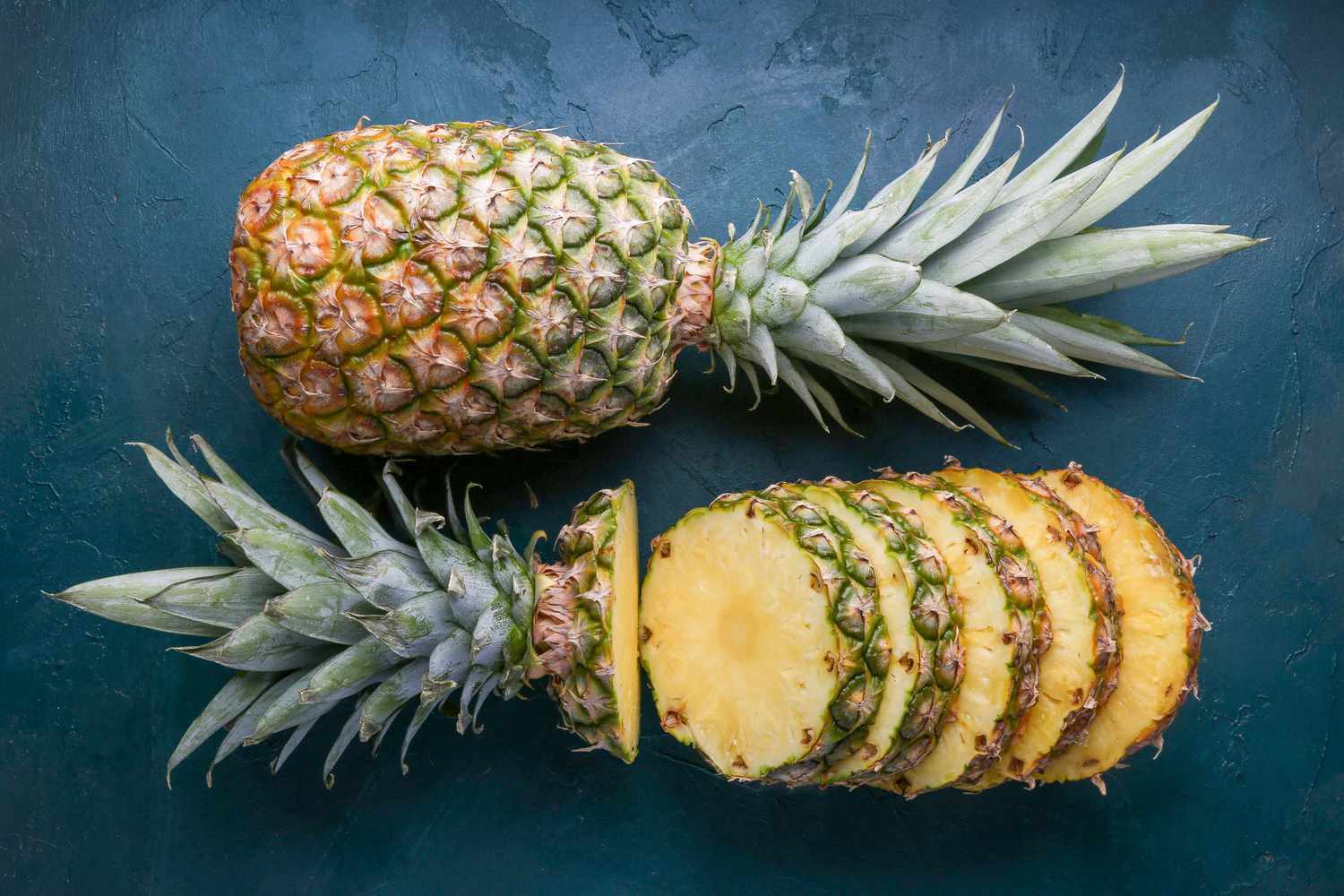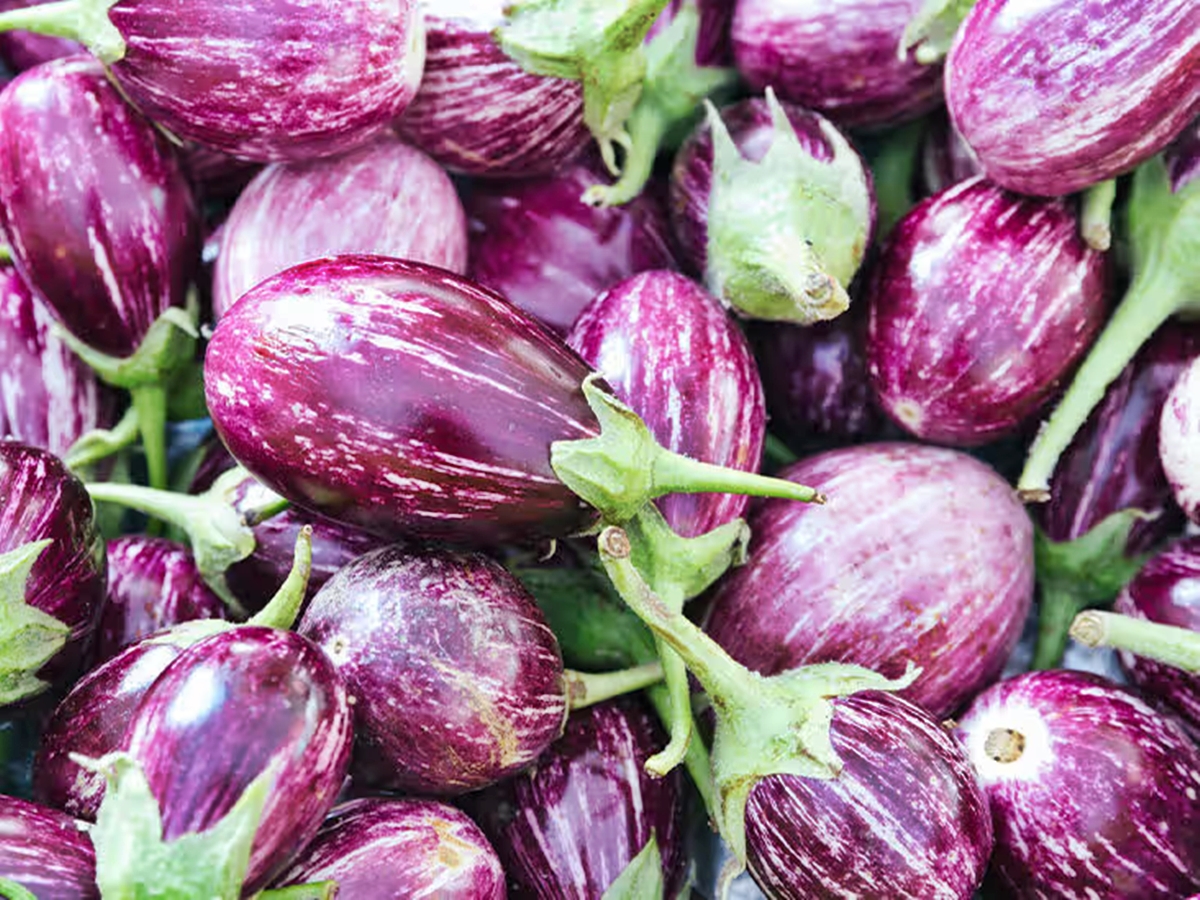The Health Benefits Of Prunes
When it comes to promoting overall health, prunes are often overlooked. However, these small, wrinkled fruits pack a powerful and nutritious punch. Rich in fiber, vitamins, and minerals, prunes offer an array of health benefits that make them a worthwhile addition to your diet.
1. Digestive Health
Prunes are renowned for their digestive benefits. They are naturally high in fiber, which helps promote regular bowel movements and prevent constipation. Eating prunes regularly can support a healthy gastrointestinal system and alleviate digestive discomfort.
2. Bone Health
Prunes contain essential nutrients that contribute to strong and healthy bones. They are an excellent source of vitamin K and manganese, both of which play a crucial role in bone development and maintenance. Including prunes in your diet can help reduce the risk of osteoporosis and improve overall bone density.
3. Heart Health
Adding prunes to your diet may also have a positive impact on your heart health. Prunes are a rich source of potassium, a mineral that helps regulate blood pressure levels. By maintaining healthy blood pressure, prunes can reduce the risk of cardiovascular diseases such as heart attacks and strokes.
4. Antioxidant Power
Prunes are packed with antioxidants, which help protect the body against free radicals and oxidative stress. The antioxidants found in prunes, such as phenolic compounds, have anti-inflammatory properties, aiding in the prevention of chronic diseases like cancer and heart disease.
5. Weight Management
Incorporating prunes into a balanced diet can support your weight management goals. Prunes are relatively low in calories and contain a high amount of dietary fiber, which promotes feelings of fullness and satisfaction. By including prunes in your meals or snacks, you can control cravings and manage your weight more effectively.
6. Nutrient Powerhouse
Despite their small size, prunes are packed with essential vitamins and minerals. They are an excellent source of vitamin A, vitamin C, and potassium. Prunes also provide a significant amount of iron, which is crucial for energy production and the prevention of anemia.
With their numerous health benefits, prunes are a versatile and delicious addition to your diet. Whether enjoyed as a snack on their own, added to baked goods, or incorporated into savory dishes, prunes can help enhance your overall well-being. Remember to consume them in moderation to fully reap their health benefits.
- Pro tip: Add chopped prunes to your oatmeal or yogurt for a fiber-rich and nutritious boost.
- Did you know: Prunes are dried plums, packed with concentrated nutrients and natural sweetness.
- Caution: If you have any underlying health conditions or concerns, it is always best to consult with a healthcare professional before making significant changes to your diet.
So, don’t underestimate the power of prunes! Incorporate them into your diet today and enjoy their numerous health benefits.
Was this page helpful?
Read Next: The Health Benefits Of Nuts
